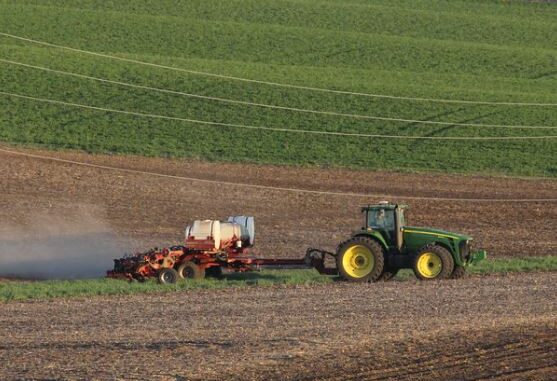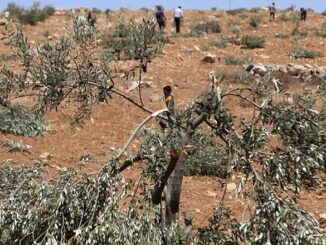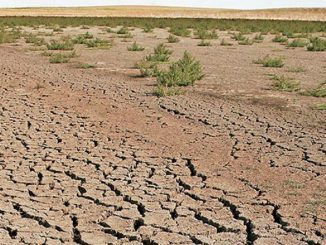
By Bob Worth
LAKE BENTON, Minnesota, May 13, 2020 (ENS) – Farm stress is certainly not a new concept. My father saw rural suicide rates spike in his farming days in the 1930s. When I was a young farmer just getting started in the ‘80s, I got super depressed. Interest rates were as high as 21 percent, while land and machinery values plummeted.
Farmers were being foreclosed on, and once again mental health in ag communities declined. I didn’t want to get out of bed or go to work. I didn’t care about harvest and just wanted to stay in the house.

My wife was the one who convinced me to get help, and I’m glad she did – otherwise I don’t know where I’d be. I talked to my doctor and he diagnosed me with a severe case of depression. He put me on medication, and when that didn’t work, I tried another one and started to feel better.
There is no shame in getting the help you need. Farm stress isn’t something you need to take on alone – sometimes you can’t just do it yourself. I was on medication for three years before gradually weaning off – but every so often, when I can tell that I am sliding back into depression, I reach out.
Now once again, anxiety and depression are setting in high across agriculture. We’ve seen a steady decline in profitability for around six years that’s really hurting farmers.
With depressed prices, terrible cash flow, soybeans down 15 cents again, unprecedented weather events, a trade war, ethanol, and biodiesel plants shutting down – things are looking really tough.
Emotional health and managing farm stress are issues that are very important and close to me. Not only have I struggled personally with farm stress, but I’ve had three really close people in my life who struggled and died by suicide. There’s nothing worse than watching a family go through this.
We need to have a stronger voice and start talking about this in the agriculture community. If you’re depressed or stressed, there’s nothing wrong with getting help. It’s just like an illness. Like the flu or anything else. There are tools out there to help. The main thing is you have to
talk about it; otherwise, things will escalate – and suicide is not an option.
Farmers are very private people and don’t like to talk about their own personal problems, but we need to start talking. You’re not the lone ranger: there are more people struggling with this than you’ll ever realize.
There’s nothing wrong with getting help. As a farmer who has experienced the impact of farm stress firsthand, I can’t stress enough – don’t be ashamed. It’s part of life – don’t keep it to yourself. Talk to someone: that’s the first step.
If anyone has a question or concern about a neighbor, friend or spouse, reach out. I would much rather take the time to talk to someone than go to a funeral.
If you or someone else is struggling, reach out for resources. The American Soybean Association (ASA), soy state organizations, and the United Soybean Board have launched a joint campaign during this Mental Health Month, offering tips and resources to help farmers stay healthy while dealing with COVID-19 and other farm hardships.
Follow #SoyHelp on social media or visit soygrowers.com for more information.
Editor’s Note: Bob Worth grows soybeans on his farm near Lake Benton, Minnesota. He serves on the Minnesota Soybean Growers Association At Large Governing Board and is an American Soybean Association Ag Communications Team member. Worth is also a member and past Board member of the American Soybean Association.
The American Soybean Association represents U.S. soybean farmers on domestic and international policy issues important to the soybean industry. ASA has 26 affiliated state associations representing 30 soybean-producing states and more than 300,000 soybean farmers.
© 2020, Environment News Service. All rights reserved. Content may be quoted only with proper attribution and a direct link to the original article. Full reproduction is prohibited.



